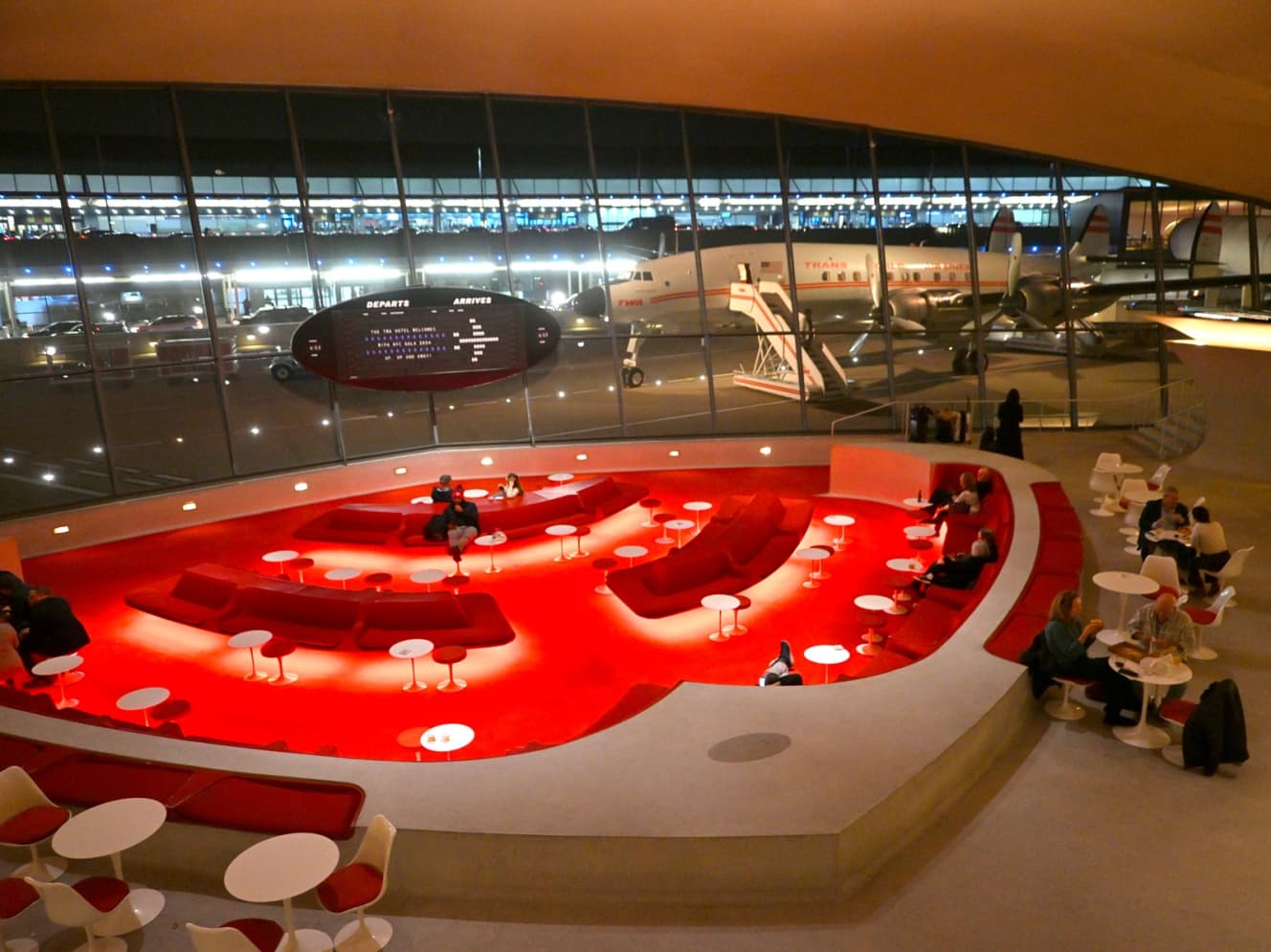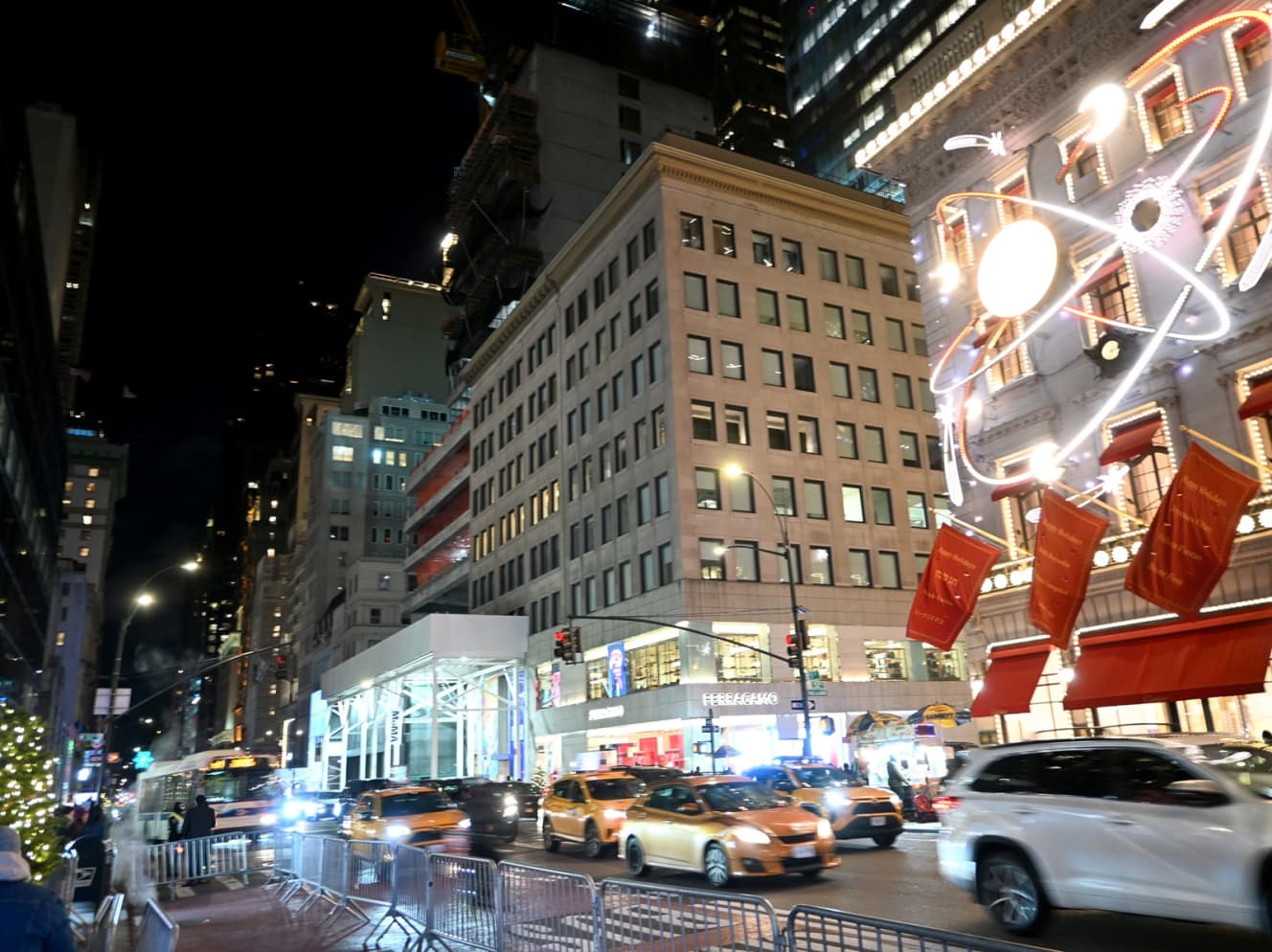The “expensive but sellable” grilled fish set menus are over 20,000 yen! New York” is popular despite high prices and deteriorating security, and “Japan” is in a bubble due to the weak yen.
Why “Don’t Expect to Pay” for the World’s Most Expensive Hotel
The “hotel” problem is now the biggest concern for travelers in New York City. The New York Times and other media reported at the time that the average hotel price per night in New York in September 2012 was $417 (about 65,000 yen), a record high, according to the CoStar Group, an American research firm.
In particular, December, the most expensive month of the year for hotels, when the author visited, saw prices in the 3- to 4-star class jump to over $500 (78,000 yen) per night and as high as $700 (110,000 yen) per night on weekends. Prices soared across the board in Manhattan, Brooklyn, and places near Manhattan Island in New Jersey, and even dormitories were close to 20,000 yen per night. Furthermore, a 14.75% hotel tax and a 3.5-7.5% city tax are added to this amount per night per room.
When I stayed at the four-star TWA Hotel at JFK Airport this time, I paid $571 per night including all taxes, which is great if you like airplanes in a retro hotel with a 1960s atmosphere, but not so great if you stay only for lodging. The room size of about 30 square meters was quite cramped for two people. The refrigerator was empty, there was no free mineral water, and there was no hot water kettle. The carpet on the floor was threadbare, the bed sheets had holes if you looked closely, and bathroom amenities were minimal. Breakfast was an extra charge, and bottles of water (500 ml) were sold at the hotel and airport kiosks for $4 (about 630 yen).

While New York City continues to be a world-class tourist destination, Japan’s future…
This time, I used a U.S. airline for my flight from Haneda to New York. Although I could see available seats on the web until the day of departure, in the end, the flight departed without a single seat available, with a 100% boarding rate. When asked about it on the plane, I was told that flights to Japan are very popular these days due to “standby” and that if there were any available seats, they would be filled. Standby” is a benefit program for airline employees and their families that allows them to board on the day of departure if seats are available. Conversely, on the return trip, on a Japanese-affiliated airline, business class and premium economy were almost fully booked, but the center of three seats in economy class were almost empty.
Inbound travelers are impressed by Japan’s traditions, culture, and beautiful scenery, as well as the country’s safety, punctuality of transportation, and high quality service. However, the “quality” of inbound travel has been declining due to the depreciation of the yen, and issues such as overtourism (tourism pollution) and bad manners have recently become a topic of discussion at every opportunity. Japan is currently experiencing a rush of foreign-affiliated luxury hotels opening for business, but there is no sense of momentum for new challenges, and a sense of stagnation among the Japanese people is evident in the rush to raise prices and the high burden of social insurance premiums.
New York used to be notorious for its high crime rate, but the crime rate has dramatically improved over the past decade or so. However, due to the COVID-19 crisis and the subsequent economic downturn, the number of empty storefronts in the city has increased again, the number of homeless people has increased, and crimes committed by immigrants and other groups have continued to increase. Recently, a murder occurred in the New York City subway system in which a passenger was set on fire and killed. Even though the local economy is enriched by the increase in the number of travelers, low-income locals and immigrants are frustrated when they do not receive the benefits of the increase in travelers. As the economic disparity widens, public safety will surely worsen.
Nevertheless, the number of visitors to New York City is not likely to decrease in the future. A vibrant and evolving tourist city will continue to attract visitors.

Interview, text, and photos: Aki Shikama